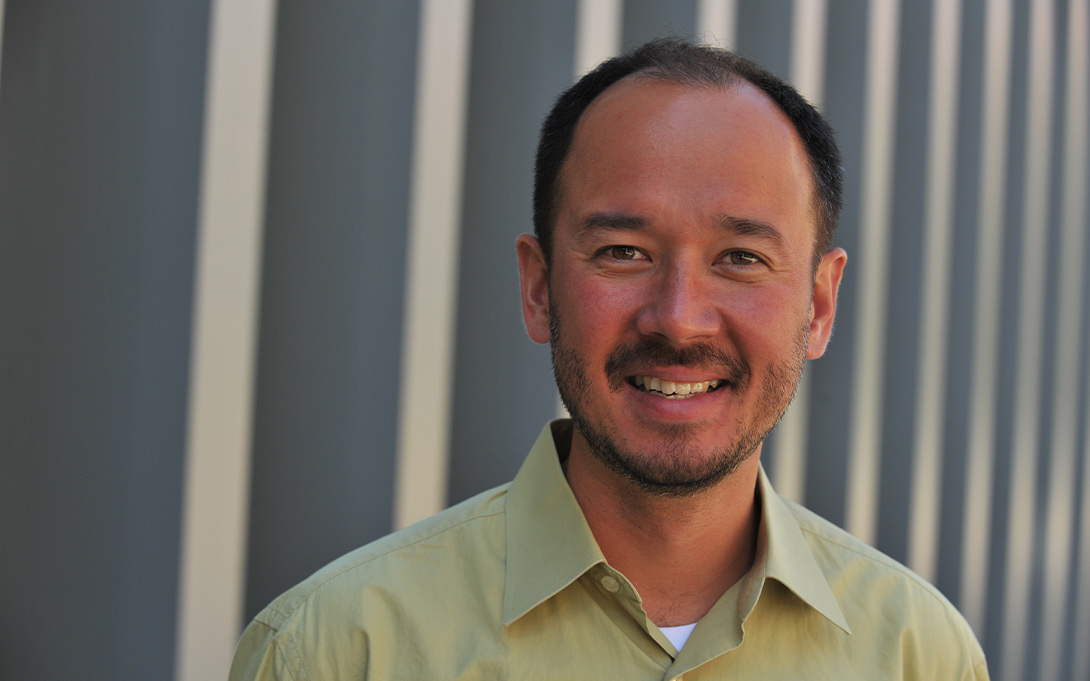
The "Green Revolution" in seed and fertilizer technology that bolstered food production and economic well-being in Asian and Latin American countries which began 50 years ago bypassed sub-Saharan African nations. In 2006, a number of those countries embarked on an ambitious plan to invest billions of dollars into their own green revolution.
In a paper in the American Economic Journal: Applied Economics, Ford School economist Dean Yang and coauthors Michael Carter and Rachid Laajaj from the University of California - Davis examined the effectiveness of a temporary subsidy program in Mozambique. After running a randomized control trial (RCT), they found that giving farmers one-time vouchers for seed and fertilizer led to an immediate improvement in crop yields. And as word spread, other farmers, who were not involved in the program, got on board and amplified the effects ten-fold.
Yang spoke with the American Economic Association about that experiment, what it revealed about the impact of temporary subsidies, and how RCTs—considered the gold standard in experimental research—could still be improved.
